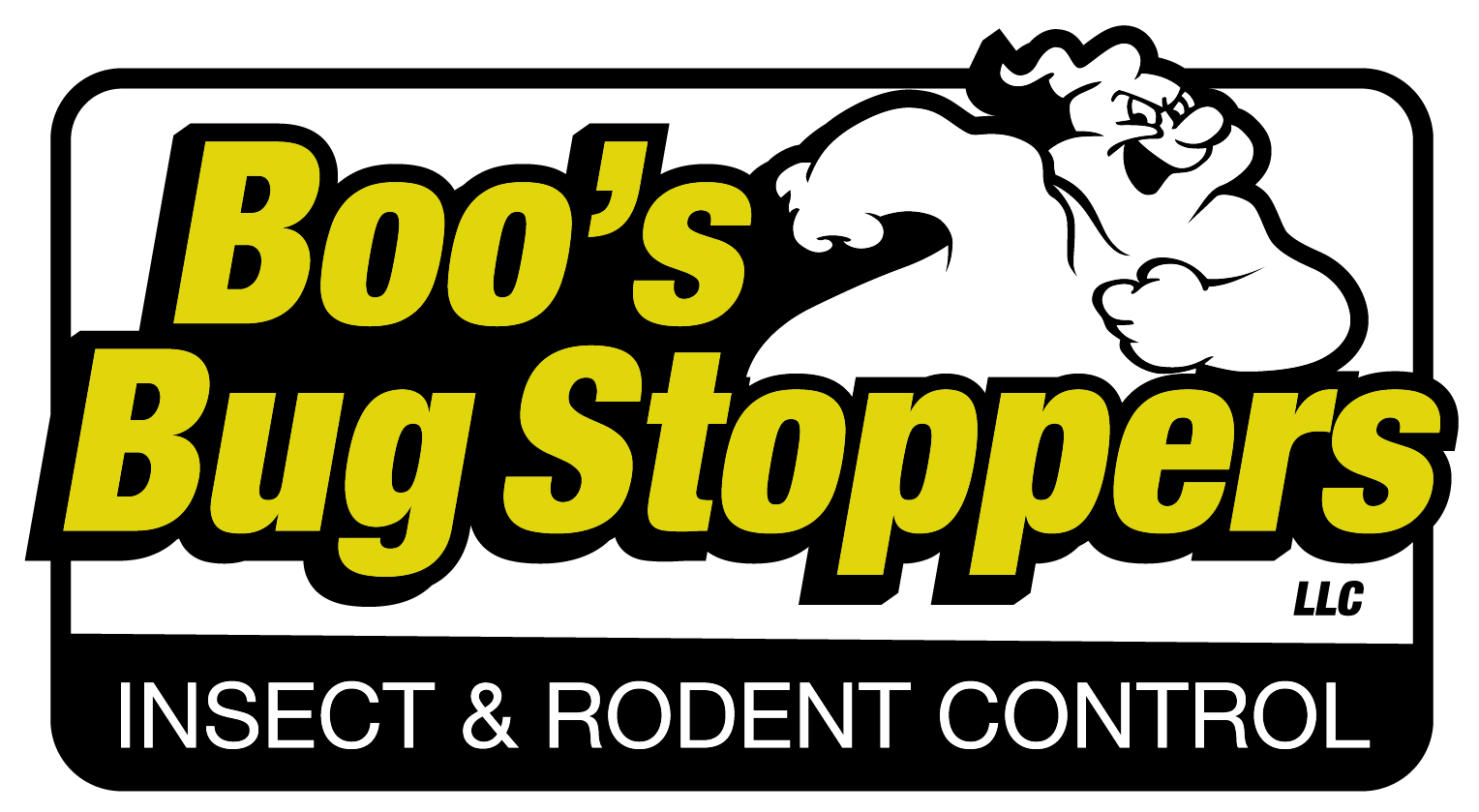It’s Wasp and Hornet Season in Western Pennsylvania: Know the Differences and Why You Should Let Boo Handle Them
Wasps and hornets are members of the insect order Hymenoptera and the family Vespidae. However, there are many distinctions between them. Here are a few key differences:
Size and Appearance:
Wasps: There is a great deal of diversity in appearance among wasp species. They range in size from nearly microscopic to several centimeters long. Most have two pairs of wings and a pinched waist. Their bodies are often brightly colored with yellow, black, metallic blue, or bright red, and they typically have a sleek, smooth appearance.
Hornets: Hornets are a subset of wasps and are generally larger. An example is the Asian giant hornet, which can grow 1.5 inches long. Hornets tend to be black, white, or brown and are less brightly colored than many wasp species.
Behavior:
Wasps: Some are social and live in colonies, while others are solitary. Social wasps use their sting for defense and communicate using pheromones. Solitary wasps generally do not sting unless directly threatened and often use their sting to paralyze prey.
Hornets: Hornets are a type of social wasp. They live in large colonies and are known for their aggressive protective behavior when their nest is threatened.
Nesting Habits:
Wasps: Different species of wasps can have vastly different nesting habits. Some, like yellowjackets, build nests similar to hornets. Others, like mud daubers and potter wasps, construct nests out of mud.
Hornets: Hornets build large, conspicuous paper nests out of the chewed wood pulp. These nests are often located in trees, under roofs, or in other sheltered locations.
Diet:
Wasps: Many are predators or parasitoids as larvae and feed primarily on nectar as adults. Some species are omnivorous.
Hornets: Hornets feed their larvae a diet of insects and spiders. Adult hornets also eat insects, tree sap, fruit, and honeydew.
Remember, the classifications and characteristics can get somewhat complex as there are many species within each group, and this is a simplified explanation. Various species may exhibit different behaviors or characteristics than those generally described here.
Don’t deal with Wasps and Hornets yourself
Despite these insects’ roles in nature, wasps and hornets can become a real nuisance and even a danger to humans when they set up shop too close to our homes. The stings from these insects are painful and can cause severe allergic reactions in some people. This is why it’s not a good idea to try dealing with a wasp or hornet infestation alone.
Taking on a wasp or hornet nest yourself presents several risks:
1. Aggravation: Wasps and hornets can be highly aggressive, especially when they feel their colony is in danger. Disturbing a nest can lead to multiple stings, which, aside from being painful, can cause severe allergic reactions in some individuals.
2. Inadequate removal: Without the proper knowledge and tools, you might not remove the nest or the colony altogether, leading to a resurgence shortly afterward.
3. Lack of protective gear: Professionals have specialized gear to protect themselves from stings during removal. Most homeowners do not have access to this gear, increasing the risk of stings.
Let Boo deal with Wasps and Hornets
At Boo’s Bug Stoppers, our team is thoroughly trained and equipped to handle these dangerous pests. We have the knowledge to effectively identify the type of insect, locate and remove nests, and ensure the insects don’t return. Our methods are safe and efficient, and minimize the risk to you and your loved ones.
So, when wasps or hornets become uninvited guests at your home, please don’t risk it. It’s best to keep a safe distance and call Boo’s Bug Stoppers. We’re here to make your home a pest-free space where you can relax and enjoy without worrying about buzzing invaders.
Remember, it’s always safer and more effective to let professionals deal with pests, especially those that can sting! Call Boo’s Bug Stoppers at the first sign of wasp or hornet activity. Your safety and comfort are our number one priority.
Stay safe, and remember: Don’t give bugs a chance. Call Boo’s Bug Stoppers for professional pest control services.
